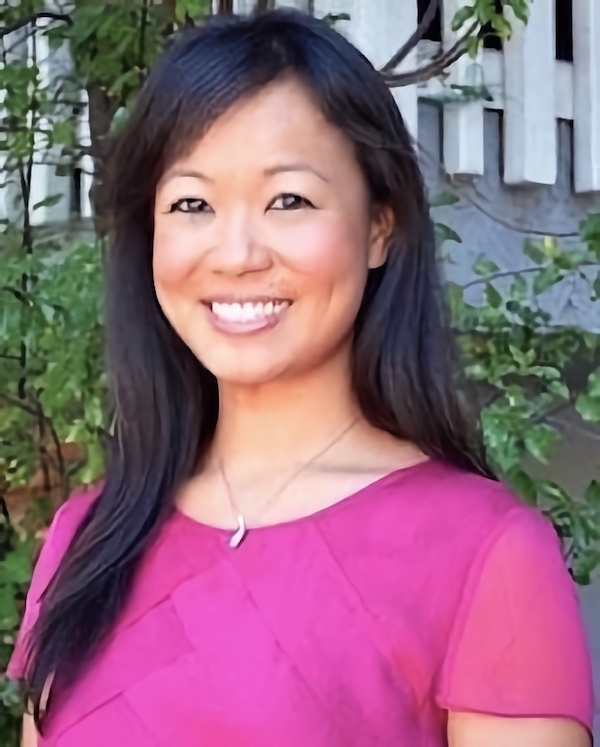Sook-Lei Liew PhD ’12
Hometown: Plano, TX
Program: PhD in Occupational Science, Class of 2012
What brought you to occupational therapy?
My junior year of college, I didn’t know what I would do with my English and Kinesiology double major. So I took a career test, which suggested I become a farmer or an occupational therapist. I started looking into occupational therapy. I loved that it was a creative, dynamic helping profession with a lot of different applications (pediatrics, adult rehabilitation, etc).
Why did you decide to pursue your PhD in Occupational Science?
The first course of my MA program at USC was Neuroscience, taught by Dr. Nancy Bagatell. It was my first real exposure to neuroscience, and I loved learning from Dr. Bagatell, because she taught both the intricacies of the brain and nervous system and how these things affect people’s everyday lives. I started volunteering as a research assistant in Dr. Lisa Aziz-Zadeh’s lab, doing brain imaging to understand social cognition, which was fascinating. I also completed my second Level II Fieldwork at Cedars-Sinai Hospital in the acute neuro/spinal cord floor and loved working with the patients. However, I realized there was so much left to understand in terms of recovery after brain injury. Thus, I started a PhD in OS to understand how the brain affects our ability to engage in daily occupations better, with a long-term goal of developing more effective strategies and therapies for neurorehabilitation.
What was the most rewarding part of being in the PhD program?
My PhD experience was a challenging but very rewarding 4 years. During this time, I learned to design, conduct and analyze neuroimaging data, and how to write and present results in publications and presentations. I was fortunate to receive a National Science Foundation Graduate Research Fellowship (NSF GRFP) and a USC Provost’s PhD fellowship, which helped tremendously in supporting my research efforts, in addition to the generous support of the USC OS/OT division. By the end of my 4 years, I had 9 publications (6 first-author), and had given over 20 conference presentations and invited talks for both science-based and general public audiences. I also had the opportunity to conduct a productive research collaboration with Peking University in China, under a research grant from the National Science Foundation, and the opportunity to attend several neuroimaging training programs, such as at the Riken Brain Science Institute (Tokyo, Japan) and with the Federation of European Neurosciences and International Brain Research Organization (Lausanne/Geneva, Switzerland).
What are you are doing now?
I am currently a postdoctoral fellow at the National Institutes of Health (NIH) in the National Institute of Neurological Disorders and Stroke (NINDS). I am working with Dr. Leonardo Cohen in the Human Cortical Physiology and Neurorehabilitation Section on identifying biomarkers associated with recovery after stroke and on using novel brain-computer interface technology to help individuals learn to control their own brain activity after stroke.
Note: Lei is now Associate Professor in the Chan Division.
⋯






